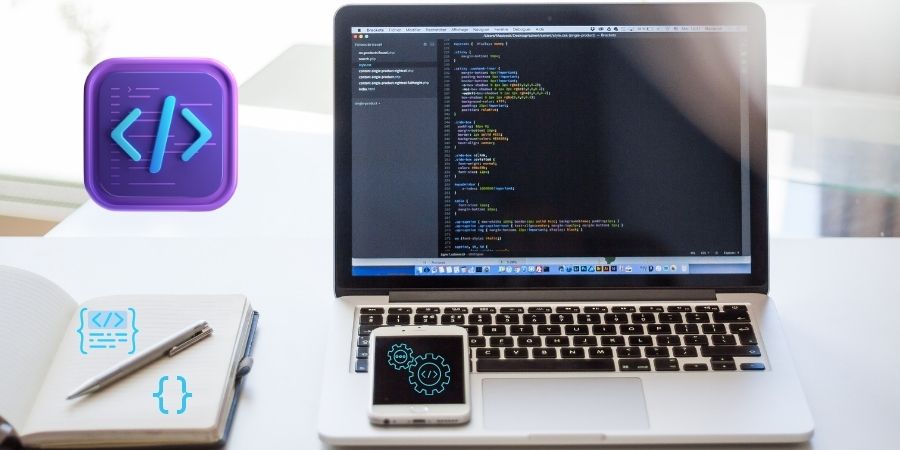
Introduction
Learning how to write a program is not easy. Coding is one of the most complex skills to master and excel in. Many businesses and websites push professionals to learn any programming language or gather the skill of coding without giving them a clear idea of the facts one should know before one starts coding. Here are some facts you should keep in mind before learning to code. This article will give you a comprehensive idea of the ten different things every individual who wants to learn to code must remember.
10 Things You Should Know Before Starting Coding
As a beginner or enthusiast, you may be curious about the programming learning journey & what other factors to understand that influence the overall learning journey. Although the learning and coding journey may vary from person to person, you might look forward to little guidance that can bounce any self-doubt about your learning journey. So, without further ado, let us jump straight into the pre-coding guide that will help you set your feet on the right path.
-
Learning How to Code is An Agile Process: Learning how to code will never end but will get better as you practice and learn more about it. You will learn and make mistakes and relearn things. In this agile learning process, you will face challenges and errors you should understand and solve. After completing the basic understanding of running codes successfully without errors, you will move to the intermediate level, where things will be more complicated. At this stage also, things will be agile, where you will make mistakes and learn when an error occurs and how to resolve them. The same goes for advanced topics such as Artificial Intelligence (AI) & Machine Learning (ML).
-
Patience is Essential: According to many experts, programming is the practice of exercising what you have learned with patience. Coding might seem difficult at times, and a lack of patience and not having the same level of enthusiasm can lead to frustration. That is the reason why many programmers fail to master this complex skill. Only practicing each code and concept with patience can make a difference.
-
Choose a Language Based on Your Goal: It is another essential aspect you should consider before you learn to code. Setting the right goal can be a motivational booster and a vital point to keep you inclined toward learning to code. You should decide what type of application you are planning to develop. Based on that, you have to choose the programming language, language paradigm, etc. To create a web application, you should decide whether to start with frontend (HTML, JavaScript, CSS, etc.) or backend (PHP, ASP, SQL, etc.) programming skills. Again, if you are into data science or cybersecurity, you will choose separate programming languages (Python or R) & the learning exposure might also vary. Without defining a proper purpose or intention, learning to code will be fruitless and goalless.
-
Do More Projects for Practice: As you work on more and more programming skills, it will develop your understanding of how to use the concepts and syntaxes to solve the problem. Also, you will get exposure to your limitations and improve those areas. But coding is not just about learning syntaxes; it requires analytical abilities and a creative outlook. So, for every project, you must come up with ingenious ideas and efficient ways to solve things. That way, your learning curve will be rich and skillful. Also, you can use free version control platforms like GitHub to showcase your project and collaborate with experts for better learning.
-
Learn the Basics: First, one should learn the basics. Then, try the intermediate ones: It is a common mantra all programming trainers and experts recommend. But, a few beginners try to jump from basics to intermediate-level, which leaves gaps in the learning curve. Once you master the basics and solve different problems, you should try to work with the hard stuff. Also, to learn to code, you should go through the core of computer science. To ace the basics of programming, you can try looking for online coding courses for beginners.
-
Thinking Like a Programmer is a Skill: "You should think like a programmer." It means you must understand what software wants from its user. It also means you must apprehend how software behaves when the user interacts. Thinking like a programmer becomes a necessary skill because syntaxes and programming techniques become useless unless you solve problems using them.
-
Look for or Ask for Help: Often, you will encounter situations where after trying every strategy, you will face difficulty solving a particular problem in your code. Do not worry, as this is a common scenario every programmer faces. In that case, you should try to search for solutions to your problem. If the answer isn't available, there are various online platforms, like StackOverflow, Quora, and Reddit, where you can post your issue. If both these approaches fail to provide a proper solution, you can reach out to trainers & seniors. You can get live training and interaction with instructors to clear your doubts.
-
Make Mistakes But Learn from Them: One lesson coders can understand and consider is the inevitableness of imperfection. It's obvious to make mistakes while learning. If you solve those mistakes and errors while solving the problems and mind them carefully, you can better comprehend coding skills in less time.
-
Write Code on Paper and Do a Dry Run: Executing the code on the compiler or interpreter is an obvious way to start learning to code. But writing the code on a piece of paper and dry-run it will give you a brain exercise to find errors and find what output it executes. Since there will be no way of finding a logical or syntactic error that the compiler or interpreter does for you, you will employ your brain to complete each line with more focus. Through this technique, you can force yourself to focus more on what you write & better self-evaluate it.
-
The Programming Class You Choose Does Matter: While you begin to learn to code, you must pay attention to what you are learning. But, it is equally important to look for the best place from where you are learning to code. The best way to learn coding is through gamification or interactive. Your learning curve should not be rigid. The more flexible your learning method is, the better you can learn to code. Again, the programming class you take should have experience and expertise, not just in the language you have chosen but also in the way they will teach. Online coaching and training firms can also give a wonderful learning experience with flexibility and low cost.
Conclusion
We hope this article has given you a crisp idea of what you should know before learning to code. These ten things are essential for every beginner so that you can develop a solid understanding of how your journey is going to be. If you want to start your career as a coder, programmer, or developer, these skills will help you stand out and better grasp the skills.

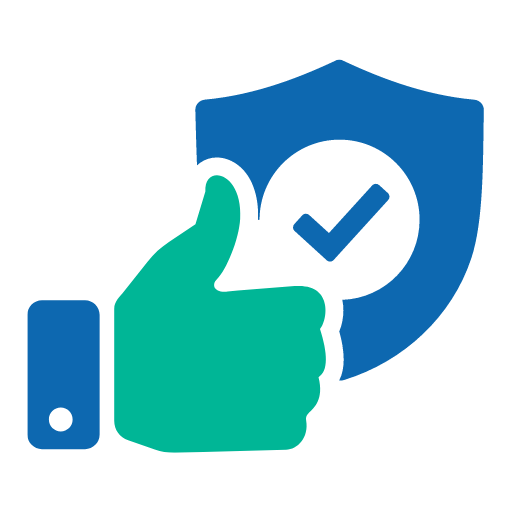
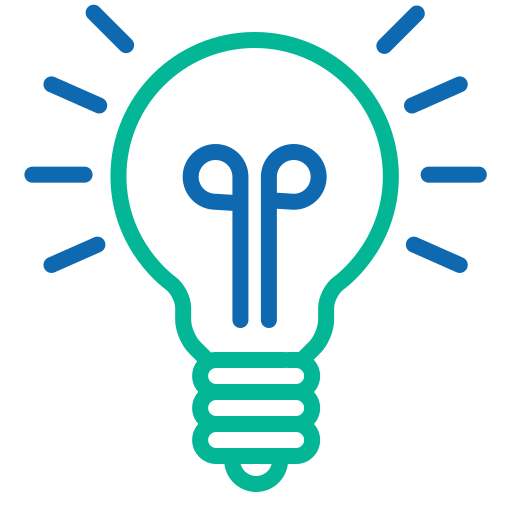
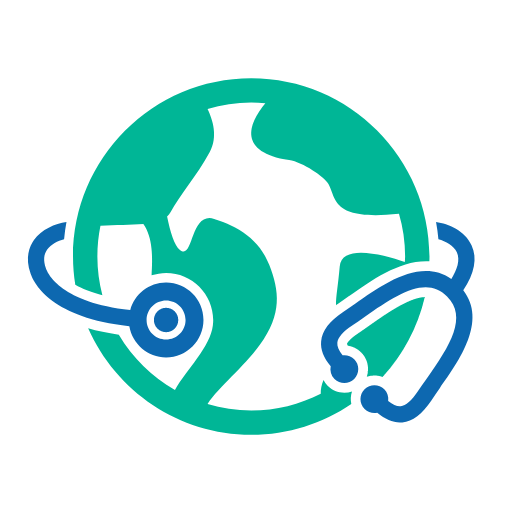
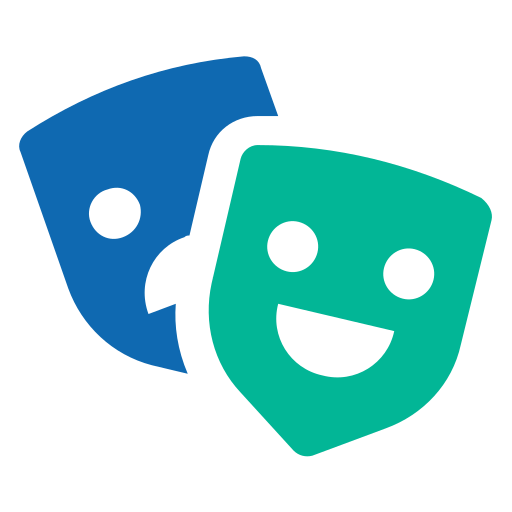

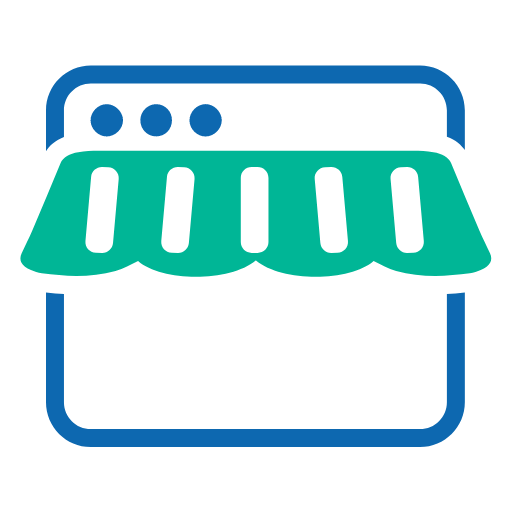
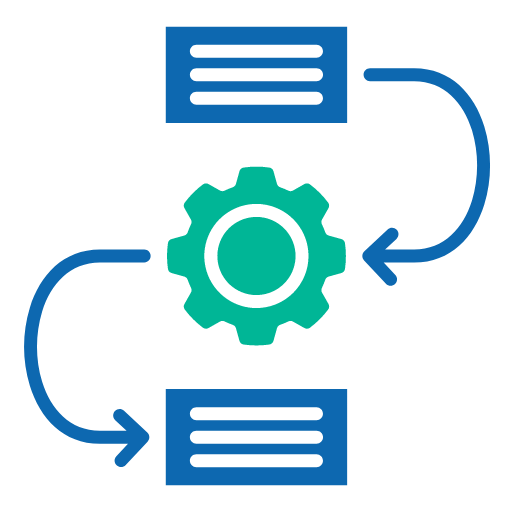


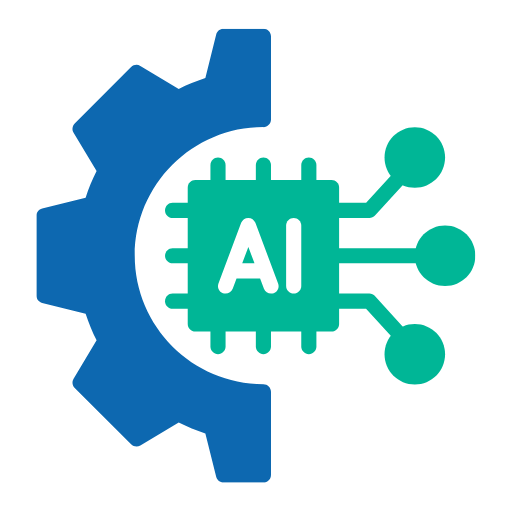


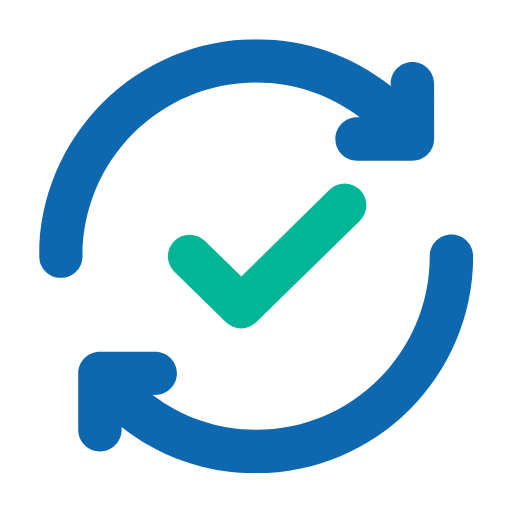
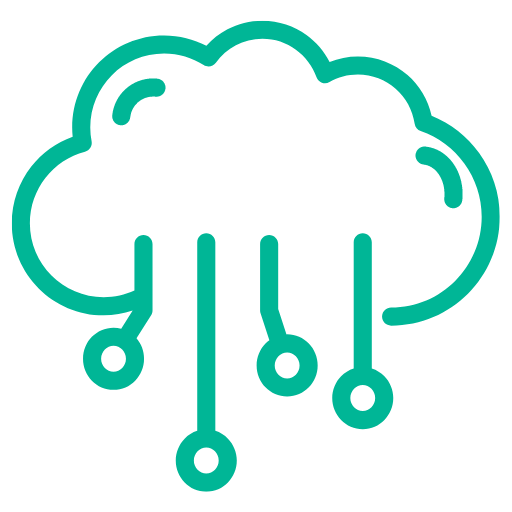
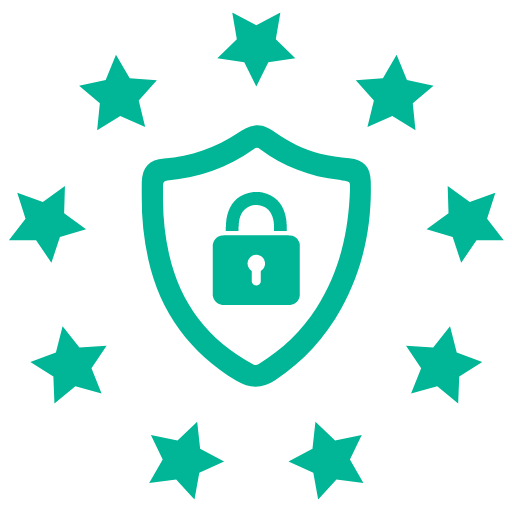


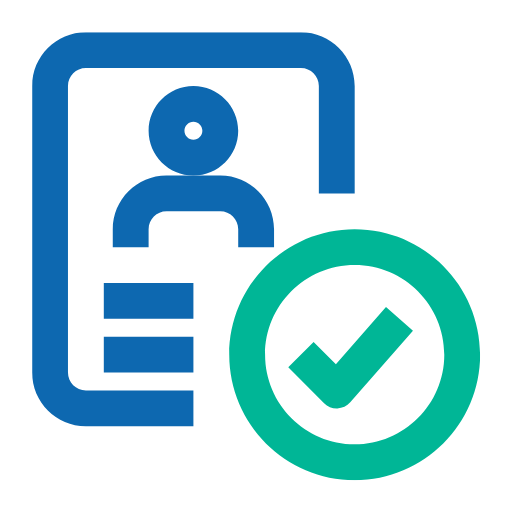
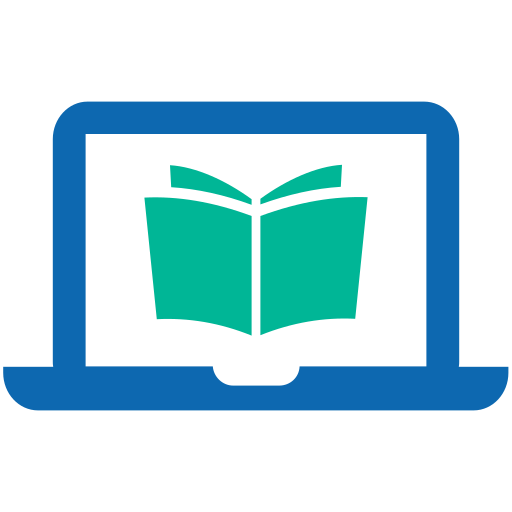
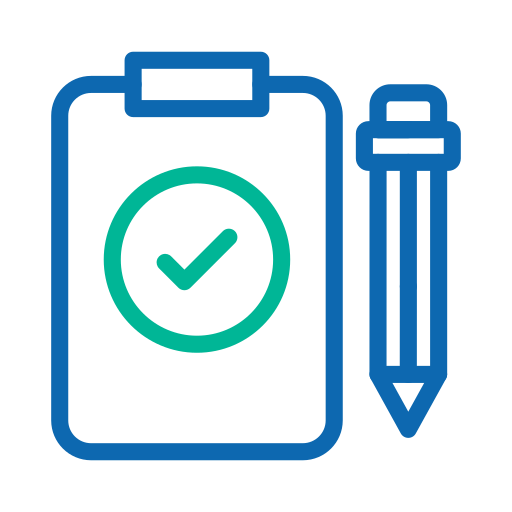
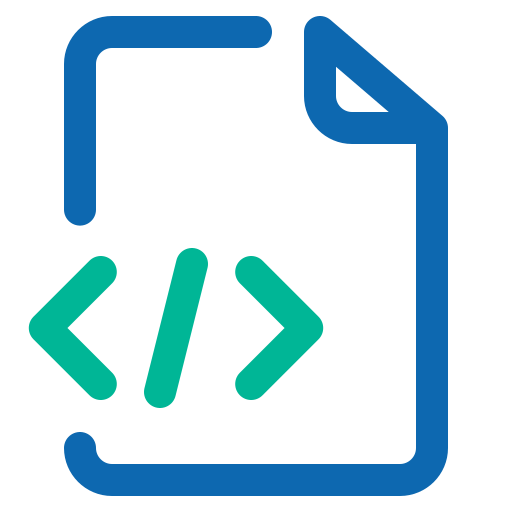
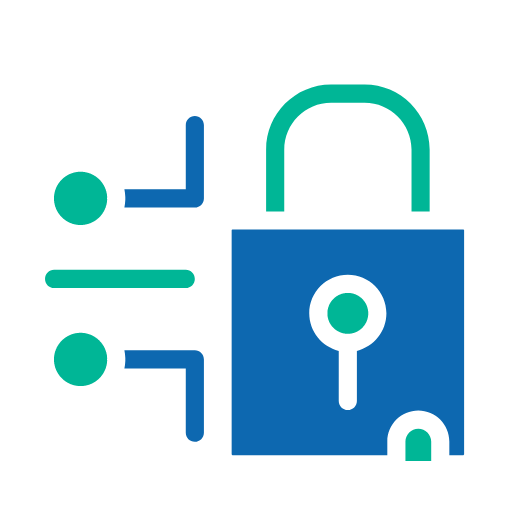
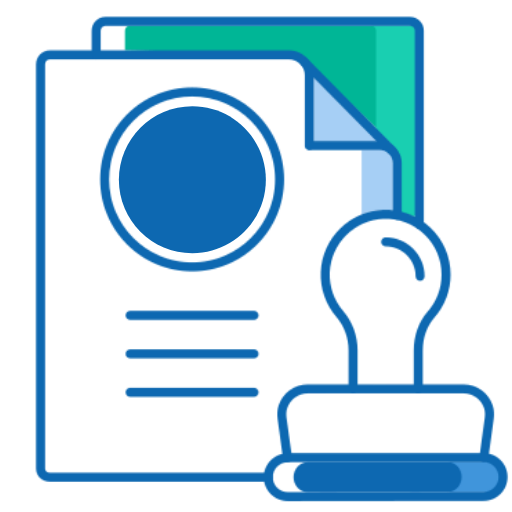
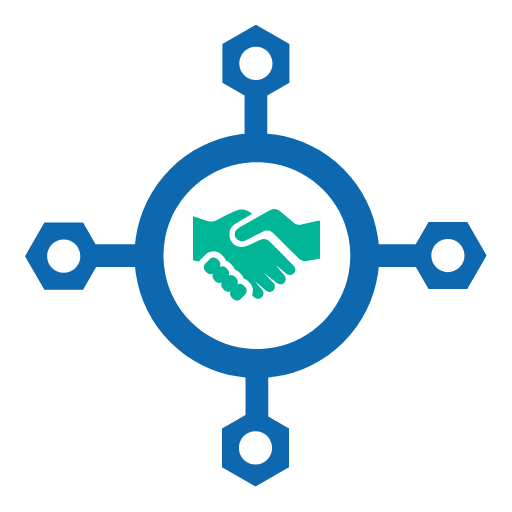
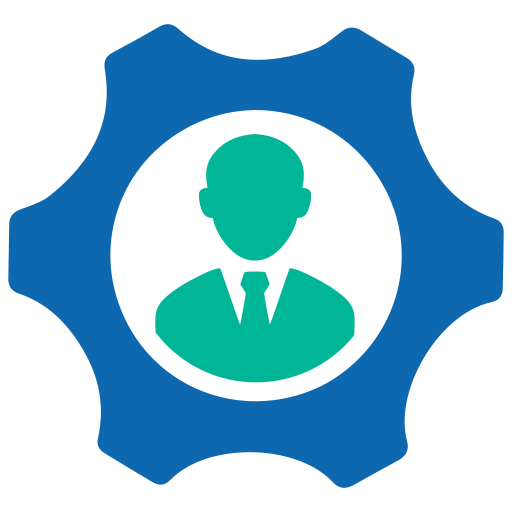
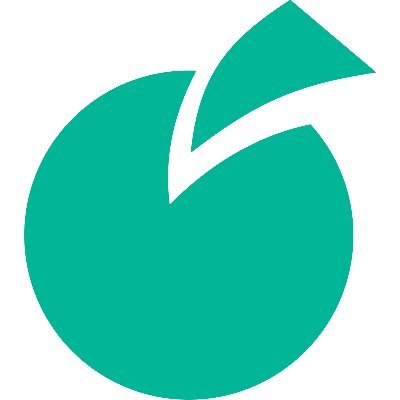 Batoi Research Group
Batoi Research Group